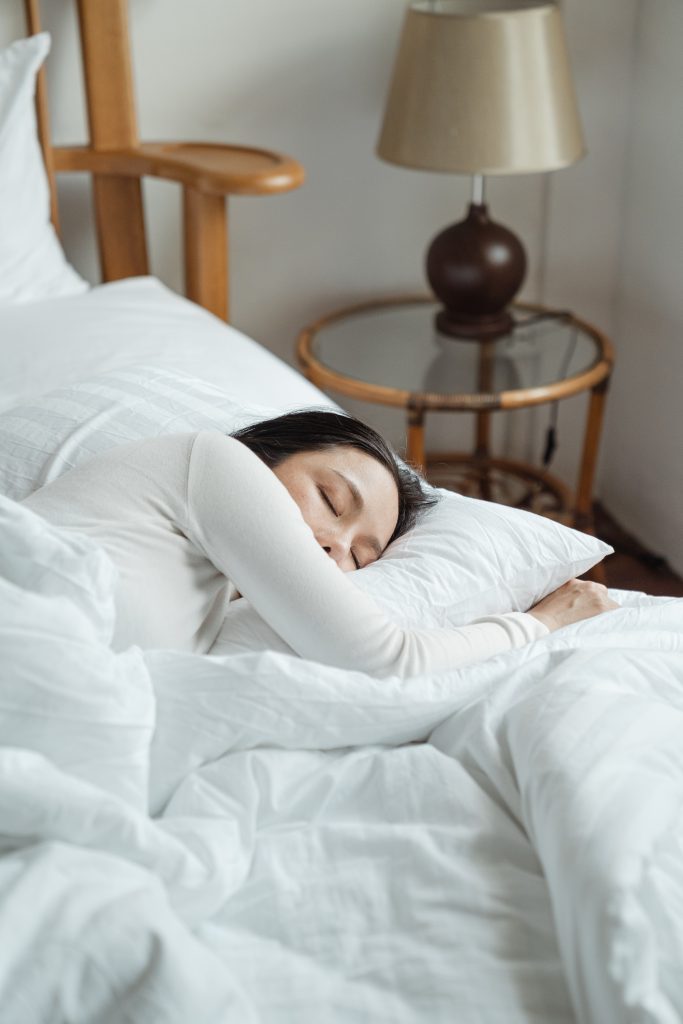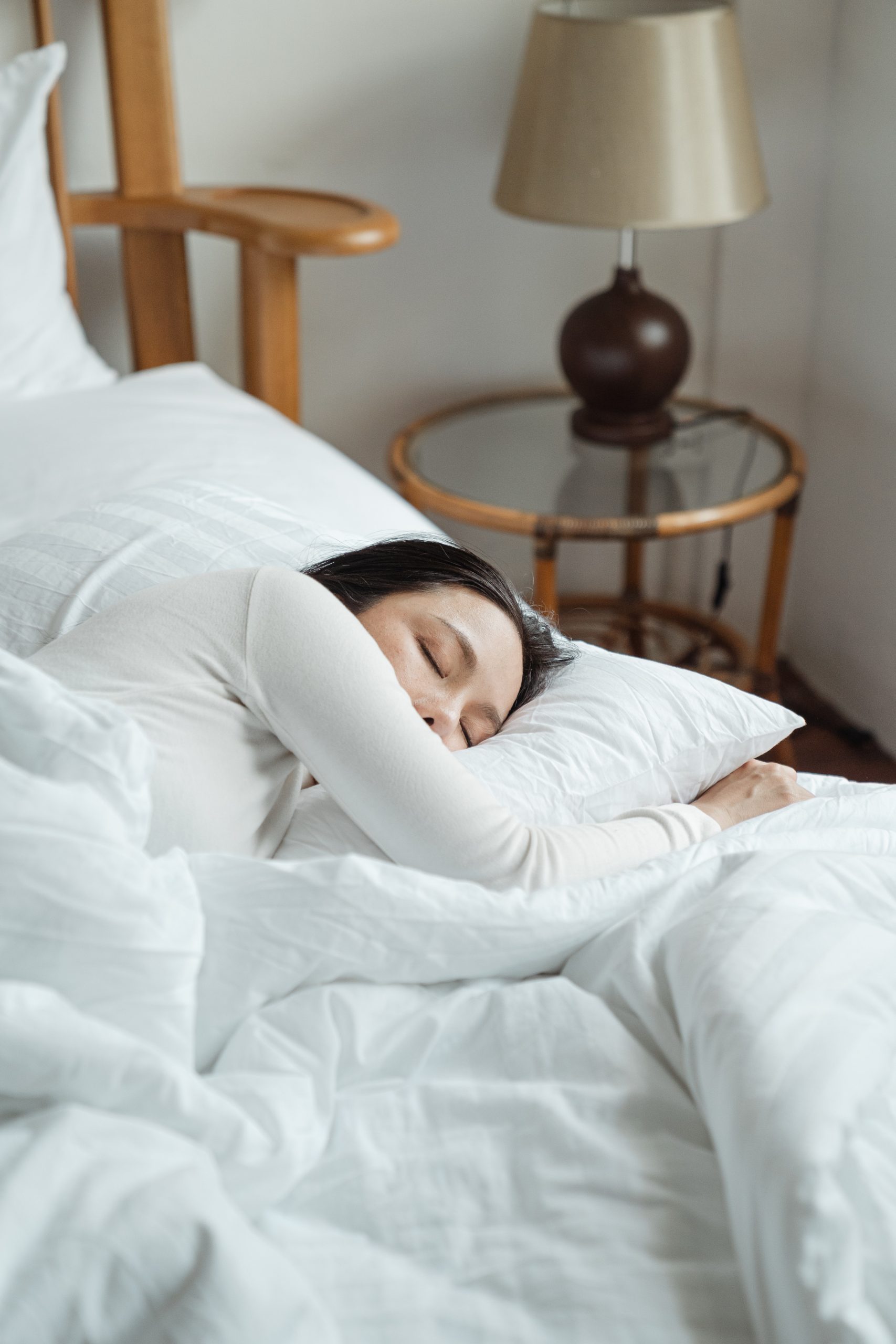Menstruation is the physiological cyclic process in females, also known as “period” or “menstrual cycle,” which is unique to the female reproductive system. Some girls refer to menstruation as a “bad thing,” while others see it as a “good thing.” So, is menstruation a “bad thing” or a “good thing” for girls? Let me tell you: Menstruation for girls is definitely a “good thing”!
Let’s first discuss why menstruation is considered a “good thing.”
- The arrival of menstruation signifies that a girl has reached maturity and can potentially become a mother.
- Menstruation serves as an important indicator of female health.
- Menstruation strengthens the hematopoietic system in girls through repeated “exercise,” giving women stronger blood production capabilities compared to men.
- Regular shedding and replenishment of blood during menstrual cycles allow for faster renewal and efficient removal of toxins from the body compared to males.

Guidelines for Female Menstrual Care
- Maintain menstrual hygiene: Keep the external genital area clean during menstruation by using specialized containers and washing with clean warm water. Avoid sitting in tubs or baths, and opt for showers instead. Change and wash underwear frequently to minimize bacterial infections.
- Nutritious diet: Consume foods rich in proteins, high calories, and ample vitamins. Choose mild and non-irritating foods while avoiding excessively cold, spicy, and drying foods. Drink plenty of water and include fruits and vegetables in your diet.
- Menstrual taboos: Women have weaker constitutions during menstruation and should avoid extreme cold or heat stimuli such as swimming in cold water or showering, washing hair or feet with cold water, or prolonged exposure to cold surfaces. During menstruation, the body’s defense against pathogens weakens, so girls should take precautions against infections.
- Emotional regulation: According to traditional Chinese medicine, abnormal emotions can be significant factors in causing illness. Therefore, it is essential to maintain a good mood during menstruation, avoid extreme joy or anger, and prevent other negative emotional stimulations.
- Balance work and rest: Girls can continue their normal activities, work, study, and engage in moderate physical labor during menstruation. This helps ensure pelvic blood circulation, reduces back pain and discomfort in the lower abdomen. However, it’s important to take adequate rests while avoiding intense mental and physical exertion to maintain sufficient sleep for maintaining energy levels.
- Maintain a menstrual record: Understand your menstrual patterns and monitor any abnormalities (such as pregnancy or miscarriage). Monitoring changes in your body helps in preventing and managing various gynecological diseases.
- Choose suitable menstrual care products: Use soft and clean sanitary pads or tampons obtained through legitimate channels.

Menstrual Care Knowledge
- Menstruation primarily consists of blood (3/4 arterial blood, 1/4 venous blood) and fragments of endometrial tissue. Due to the unique structure of the female reproductive system, pelvic congestion occurs during menstruation. If proper menstrual care is not exercised, it becomes easier for bacteria to thrive, potentially leading to gynecological diseases that affect overall health and reproductive function.
- Each menstrual cycle involves bleeding for 4-7 days with an approximate loss of 35 cc of blood each time. Temporary weakening of the constitution occurs due to blood loss, resulting in feelings of fatigue and weakness. The immune system’s resistance against various illnesses decreases during this time if proper menstrual care is neglected.
- Hormones released by girls’ bodies contribute to menstruation; for example, hormones produced during the luteal phase. These hormones not only cause shedding of the endometrium but also lead to emotional instability (headaches, insomnia, depression) and promote the secretion of oils on the skin and hair. Neglecting proper menstrual care can lead to physical and psychological ailments.
Note: The translation provided is a general interpretation of the original text, and some cultural nuances may be missing.

